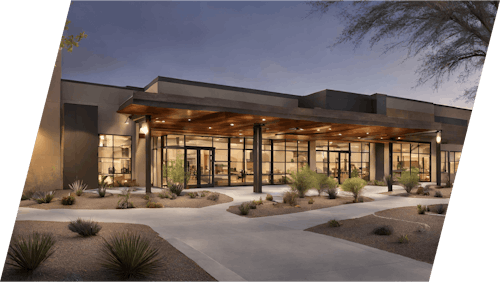











Commercial Construction
Commercial Installations
Wiring a new commercial business location is a complex and critical task that requires meticulous planning, a deep understanding of electrical systems, and adherence to safety and building codes. A professional commercial electrician is responsible for ensuring that the electrical infrastructure of a commercial building is safely and efficiently designed and installed. This blog post will delve into what a professional commercial electrician needs to consider when wiring a new commercial business location and how they would approach the process.
GALLERY
Installing the Electrical Infrastructure
With the electrical plan in hand and the necessary permits obtained, the electrician can begin the process of installing the electrical infrastructure. This typically starts with the installation of conduits and raceways to protect and route the wiring. The choice of conduit material (metallic or nonmetallic) and type (rigid, intermediate, flexible, etc.) depends on the specific needs of the installation and local code requirements.
Next, the electrician will run the wiring through the conduits, connecting it to electrical panels, outlets, switches, and fixtures according to the electrical plan. Special attention must be paid to the sizing of the wiring and circuit breakers to ensure that they can handle the expected electrical load without overheating or tripping.
Testing and Inspection
After the electrical infrastructure is installed, it must be thoroughly tested and inspected to ensure that it is safe and functional. This involves checking for proper grounding, verifying that all connections are secure, and testing the system under load to ensure that it operates as intended. The electrician may also need to coordinate with local inspectors to have the installation officially inspected and approved before the business can begin operations.
Understanding the Scope and Requirements
The first step in wiring a new commercial business location is to thoroughly understand the scope of the project and the specific requirements of the business. This involves meeting with the business owner or project manager to discuss the nature of the business, the types of electrical equipment that will be used, and any special electrical needs that the business may have. For instance, a restaurant may require different wiring considerations than an office building or a manufacturing plant.
Designing the Electrical Plan
Once the electrician has a clear understanding of the business's needs, the next step is to design a comprehensive electrical plan. This plan should detail the layout of the electrical system, including the placement of outlets, switches, lighting fixtures, and major appliances. It should also specify the types of wiring and electrical panels that will be used and how the system will be grounded. A well-designed electrical plan not only ensures that the business's electrical needs are met but also helps in obtaining any necessary permits from local authorities.
Adhering to Codes and Standards
A professional commercial electrician must be well-versed in the National Electrical Code (NEC) and any local building codes that apply to commercial electrical installations. The NEC sets the standard for the safe installation of electrical wiring and equipment in the United States, and it is updated every three years to reflect the latest in electrical safety and technology. Compliance with the NEC and local codes is not optional; it is a legal requirement that ensures the safety of the electrical installation.
Final Thoughts
Wiring a new commercial business location is a complex task that requires a high level of expertise and attention to detail. A professional commercial electrician must consider the specific needs of the business, design a comprehensive electrical plan, adhere to all relevant codes and standards, and ensure that the installation is safe and functional. By following these steps, an electrician can help ensure that a new commercial business location is powered efficiently and safely for years to come.






